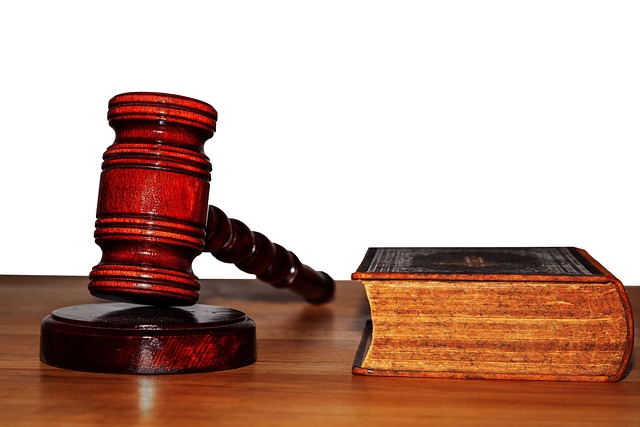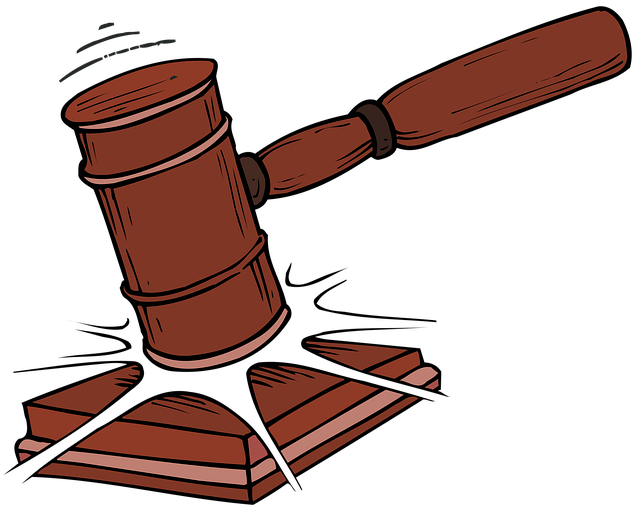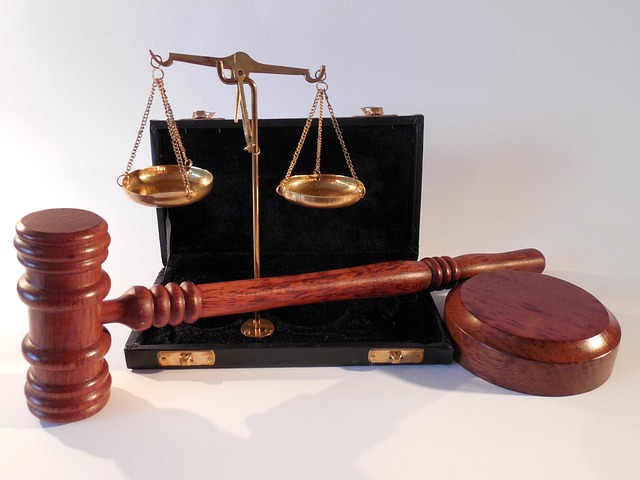Trademark infringement in healthcare carries severe Legal Consequences of Trademark Infringement, including financial penalties, injunctions, and reputational damage. Unauthorized use of trademarks for medical devices or services can lead to consumer confusion. Winning legal defenses are vital to protect intellectual property rights, with disputes often resolved through jury trials. Healthcare providers must navigate a complex web of regulations, implement robust compliance programs, and stay updated to avoid legal risks, particularly concerning patient data privacy and trademark infringement. Case studies highlight the consequences of infringements, offering valuable insights for professionals across sectors to ensure ethical practices and mitigate legal risks.
In the complex healthcare landscape, understanding trademark infringement is paramount. This article delves into the intricate legal issues surrounding trademarks in healthcare, exploring common scenarios that can lead to significant legal consequences for providers and institutions. We dissect the legal ramifications, offer risk mitigation strategies for compliance and protection, and present real-world case studies highlighting outcomes of trademark infringements. By understanding these legal complexities, healthcare entities can navigate with confidence, avoiding the potential pitfalls of trademark infringement and its severe legal consequences.
- Understanding Trademark Infringement: Definition and Common Scenarios
- Legal Ramifications for Healthcare Providers and Institutions
- Mitigating Risks: Strategies for Compliance and Protection
- Case Studies: Real-World Examples and Their Outcomes
Understanding Trademark Infringement: Definition and Common Scenarios

Trademark infringement is a significant legal issue within healthcare and beyond, with profound implications for businesses and individuals alike. It refers to the unauthorized use of a trademark owned by another entity, potentially causing consumer confusion regarding source or affiliation. In the healthcare sector, this could manifest in using a protected brand name for medical devices, medications, or even healthcare services, without permission from the rightful owner. Such actions can lead to severe legal consequences, including financial penalties and injunctions forcing the infringer to cease their activities.
Common scenarios include imitating another company’s logo or branding on packaging, marketing materials, or online platforms. For instance, a small clinic might use a well-known pharmaceutical brand’s name for their services, believing it will attract more patients. However, this practice can confuse patients and damage the reputation of the original trademark owner. Achieving extraordinary results in such cases often requires a winning challenging defense verdict, where legal professionals protect the rights of their clients and set clear boundaries for future use.
Legal Ramifications for Healthcare Providers and Institutions

Healthcare providers and institutions face a myriad of legal considerations that can have significant ramifications. One critical area involves intellectual property rights, particularly in the context of trademark infringement. When healthcare entities use trademarks without proper authorization, they risk facing severe legal consequences. This includes potential lawsuits leading to substantial financial damages and even complete dismissal of all charges if found in violation.
These disputes often culminate in jury trials where both parties present their cases. The outcome can be pivotal, with successful claims resulting in achieving extraordinary results for the aggrieved party. However, navigating these legal battles requires meticulous attention to detail, robust legal representation, and a deep understanding of healthcare regulations to ensure compliance and mitigate risks.
Mitigating Risks: Strategies for Compliance and Protection

In the realm of healthcare, mitigating risks through robust compliance strategies is paramount to avoid legal consequences, including those related to trademark infringement. Healthcare organizations must navigate a complex landscape where patient data privacy, intellectual property rights, and regulatory adherence converge. An unprecedented track record of successful, winning challenging defense verdicts underscores the importance of proactive measures. Implementing stringent protocols for data protection, ensuring ethical marketing practices, and staying abreast of evolving regulations are vital steps to safeguard against potential legal pitfalls.
Juror trials have served as a crucible where these strategies are put to the test. Healthcare providers with a proven history of managing legal challenges through effective compliance programs often find themselves better positioned to navigate jury trials. By fostering a culture of ethical conduct, regular training on regulatory updates, and meticulous record-keeping, healthcare entities can build an indelible reputation for integrity—a key factor in mitigating risks and achieving favorable outcomes, should they ever face litigation.
Case Studies: Real-World Examples and Their Outcomes

In navigating healthcare legal issues, case studies offer invaluable real-world examples and their outcomes. These scenarios illuminate the intricate interplay between healthcare practices, regulatory frameworks, and legal consequences. For instance, a recent case examined the legal repercussions of trademark infringement in pharmaceutical branding, showcasing the potential impact on market competition and patient access to medications. The study revealed that unauthorized use of protected trademarks can lead to substantial fines, damage to reputation, and even criminal charges under specific circumstances.
Moreover, understanding these cases is crucial for professionals across various sectors, from white-collar and economic crimes specialists to general criminal defense attorneys and philanthropic/political communities. Each case provides insights into the evolving legal landscape, underscoring the importance of staying abreast of regulatory changes and their potential implications. By analyzing these real-world scenarios, stakeholders can anticipate legal risks, implement robust compliance measures, and ultimately foster a more ethical and transparent healthcare environment.
The exploration of healthcare legal issues, particularly trademark infringement, highlights the intricate balance between innovation and protection. Understanding the nuances of legal ramifications and implementing effective risk mitigation strategies is paramount for healthcare providers and institutions to navigate this complex landscape. By studying real-world case studies, professionals can gain valuable insights into the legal consequences of trademark infringement, fostering a culture of compliance and safeguarding intellectual property rights. These measures are essential to ensure the sustainability and integrity of healthcare services in an increasingly regulated environment.






